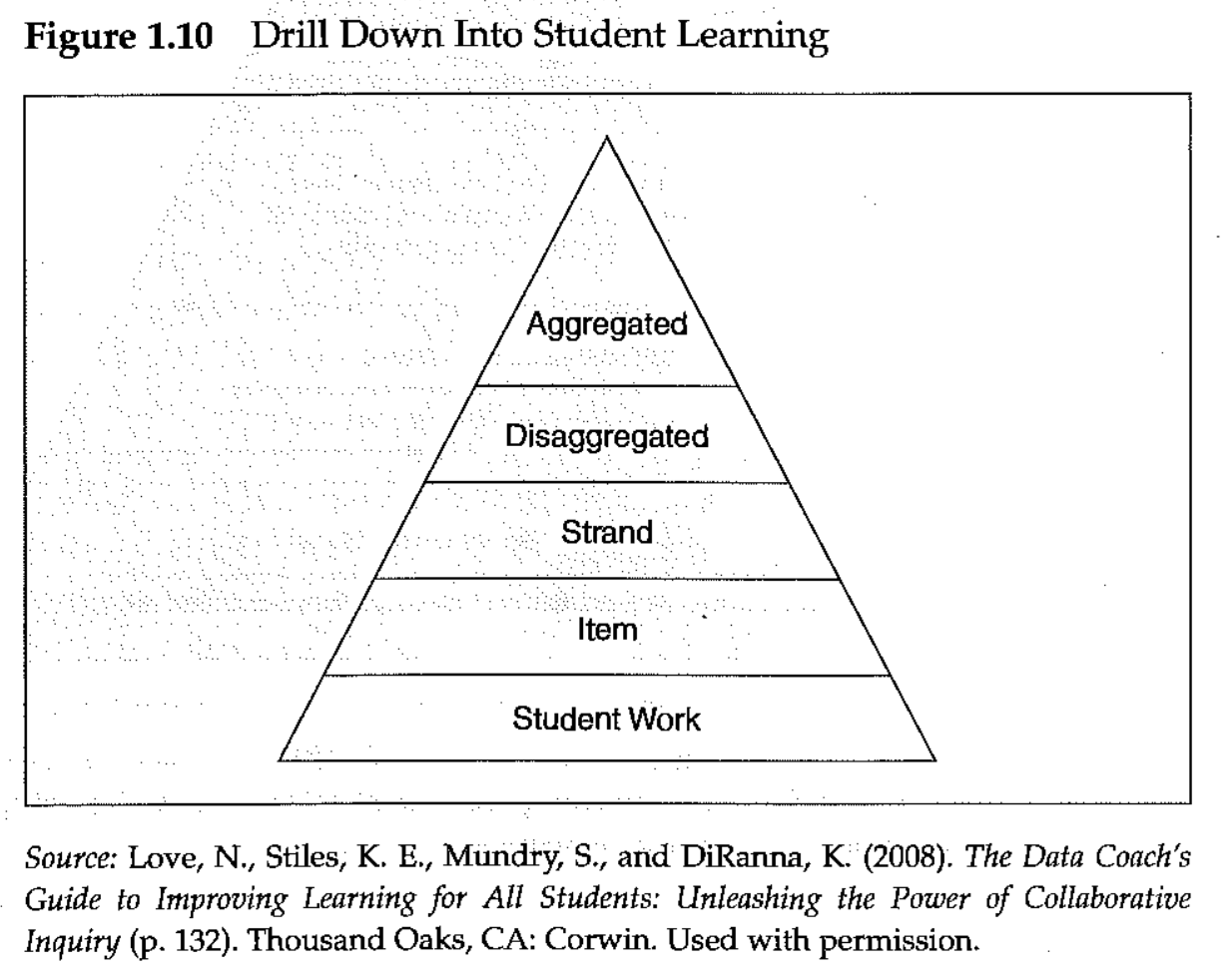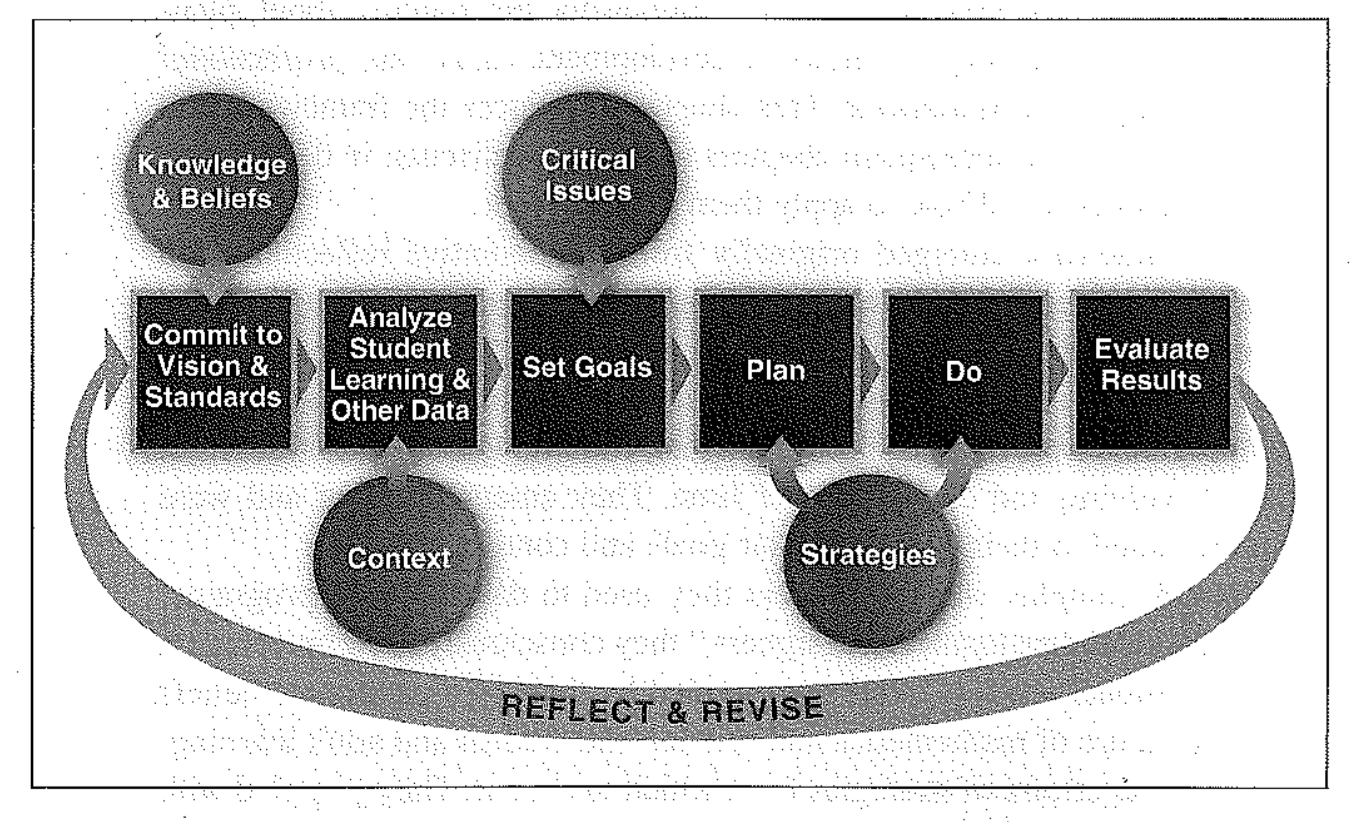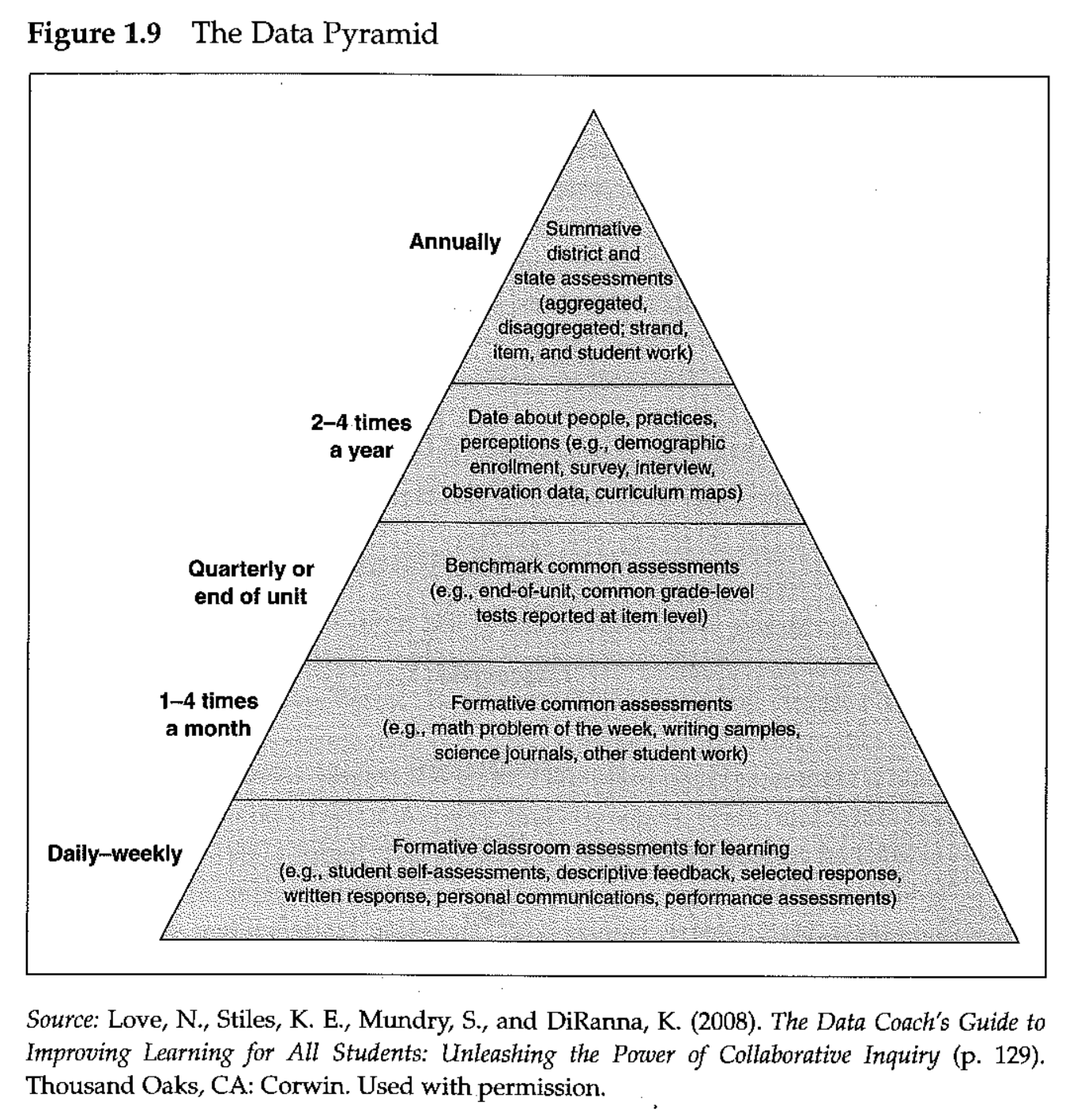Givvin, K.B. & Santagata, R. (2011). Toward a common language for discussing the features of effective professional development: the case of a US mathematics program, Professional Development in Education, 37:3, 439-451
- Paper on decisions made in a math PD program in low-performing urban schools
- Consensus of desirable features
- Increasing teacher’s PCK
- Ample time
- COP
- Lacks guides for practice
- Driven by
- well-defined image of effective classroom learning and teaching
- provides opportunities for teachers to build their PCK
- provides opportunities for teachers to examine practice
- research based
- engages teachers as adult learners in the learning approaches they will use with their students
- provides opportunities for teachers to collaborate with colleagues and other experts to improve their practice
- supports teachers to serve in leadership roles
- links other parts of the education system
- has a design based on student learning data
- continuously evaluated and improved.
- Teaching math
- teaching underlying concepts vs procedural trick lead to better learning outcomes
- Beliefs in teaching methodology
- “Some teachers (and participating administrators) held firmly to the belief that demonstrating problems and allowing time to practice them was the ideal, and in PD sessions they argued (sometimes vehemently) for this more traditional form of instruction.” (Givvin & Santagata, 2011, p.444)
- PD affected negatively teachers with poor content knowledge
- “Students of treatment teachers whose mathematics knowledge was below that threshold did worse than students of control teachers with comparable knowledge.” (Givvin & Santagata, 2011, p.445)
- Assessing for understanding is much harder
- “analysis of student work for understanding was novel (and difficult) for all participants. Teachers were accustomed to assessing quality of student work only in terms of correctness (Santagata 2009).” (Givvin & Santagata, 2011, p.445)
- Sharing teaching practices is not common
- “We found that participating teachers had little experience of collaborating to improve practice…” (Givvin & Santagata, 2011, p.446)
- Suggestions for future PD programs
- Spend ample time developing a shared image of desired practices.
- Pay attention to teachers’ thinking so that their individual needs can be met (Gersten et al. 1995, Putnam and Borko 1997, Wilson and Berne 1999)
- Teachers need to learn how to collaborate.
Loucks-Horsley, S., Stiles, K. E., Mundry, S., Love, N., & Hewson, P. W. (2009). Chapter 1: A framework for designing professional development. Designing professional development for teachers of science and mathematics. Corwin Press, 17-58
- Framework for PD
- Inputs into the design process
- Knowledge and beliefs
- Learners and learning
- Teachers and teaching
- The Nature of Science and Mathematics
- Adult Learning and Professional Development
- The Change Process
- Context
- Students and Their Learning Needs
- Teacher and Their Learning Needs
- Curriculum, Instruction, Assessment Practices, and the Learning Environment
- Organizational Culture and Professional Learning Communities
- Leadership
- National, State, and Local Policies
- Families and Communities
- Critical issues
- Building capacity for Sustainability
- Making Time for Professional Development
- Developing Leadership
- Ensuring Equity
- Building a Professional Learning Culture
- Garnering Public Support
- Scaling Up
- Strategies for Professional Learning
- Immersion in Content, Standards, and Research
- Curriculum Topic Study
- Immersion in Inquiry in Science and Problem Solving Mathematics
- Content Courses
- Examining Teaching and Learning
- Examining Student Work and Thinking
- Demonstration Lessons
- Lesson Study
- Action Research
- Case Discussion
- Coaching
- Mentoring
- Aligning and Implementing Curriculum
- Instructional Materials Selection
- Curriculum Implementation
- Professional Development Structures
- Study Groups
- Workshops, Institutes, and Seminars
- Professional Networks
- Online Professional Development
- Immersion in Content, Standards, and Research
- Knowledge and beliefs
- The Design and Implementation Process
- Commit to Vision and Standards
- Analyze Student Learning and Other Data
- Set Goals
- Plan
- Do
- Evaluate Results
- Reflect and Revise



Santagata, R. (2009). Designing video-based professional development for mathematics teachers in low-performing schools. Journal of Teacher Education, 60, 38-51
- Problematic topics
- Basic understanding of target mathematics topics
- Knowledge of their students’ understanding
- Ability to analyze students’ work and reasoning beyond classification into right and wrong answers.
- Video-based PD
- Attending to content-specific understanding
- Scaffolding analysis of student thinking
- Modeling a discourse of inquiry and reflection on the teaching and learning process
- Teacher’s beliefs in low-performing schools
- They do not think they are able to affect students’ learning.
- They tend to have low expectations for their students.
- They are more likely to hold an emergency creden- tial or being asked to teach outside their subject matter area
- Pressured to improve students’ performance on standardized tests
- Failures
- “As professional development designers and facilitators, we overestimated our teachers’ abilities to analyze the teaching and learning process through a content lens.” (Santagata, 2009, p.50)
- Improvements
- Content-focused questions became more specific
- Questions focused on common students’ misconceptions were introduced
- Facilitators’ planning notes became more structured and the organization of teachers’ interactions was modified to include some work in pairs
- Guidance in the analysis of student learning from the videotaped lesson was increased
- Resulting principles
- Attending to content-specific understanding
- Scaffolding analysis of student thinking
- Modeling a discourse of inquiry and reflection on the teaching and learning process
Santagata, R., Kersting, N., Givving, K.B., & Stigler, J.W. (2011). Problem implementation as a lever for change: an experimental study of the effects of a professional development program on students’ mathematics learning. Journal of Research on Educational Effectiveness, 4(1), 1-24
- Math education is poor due to the teacher’s lack of deep content knowledge
- PD efforts must supplement these skills not acquired in credential preparation
- Teachers in better performing countries are able to engage students with the underlying principles
- “Teachers in higher achieving countries appeared able to implement mathematical problems in a deeper way, using problems as a means of engaging students with core mathematical concepts. Teachers in the United States, in contrast, tended to reduce all problems to sets of procedures that required students only to execute routine steps.” (Santagata, Kersting, Givving, & Stigler, 2011, p.2)
- Barriers to teaching math by “making the connection”
- Lack of content and pedagogical content knowledge
- Lack of models (i.e., knowledge of alternative instructional strategies and how to implement them in the classroom)
- Lack of contextual support (e.g., instructional materials that support effective use of “making connection” problems)
- Designed PD with 3 modules
- Content exploration
- Lesson analysis
- Link to practice
- Results
- Teachers had a hard time applying what they learned in the classroom
- Follow-up meetings were not taking seriously – constant rescheduling and mostly no preparation for them
- Lack of support from administration hindered application of learned concepts
- They did not trust the teaching for understanding methodology and asked teachers to focus on procedures and test taking techniques once the testing period came along.
- Teacher profile in low-income areas
- 67% were fully credentialed
- 4% held or were in the progress of obtaining a single-subject credential
- 9% were mathematics majors or minors in college
- Need to focus on previous knowledge
- “As a field, we need to conduct more research on middle school teachers’ understanding of key concepts of the mathematics curriculum, so PD developers and researchers can build on that knowledge base to design effective PD.” (Santagata, Kersting, Givving, & Stigler, 2011, p.19)